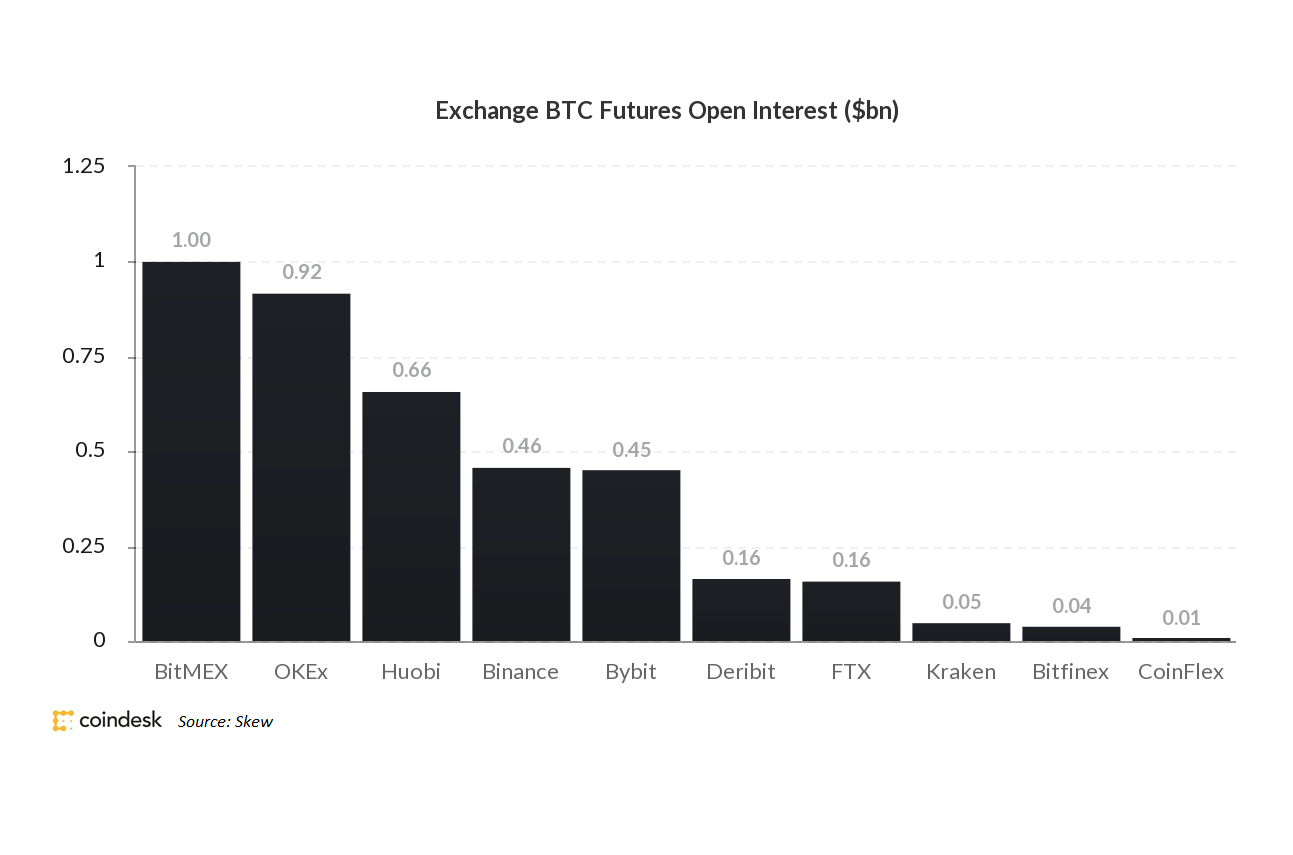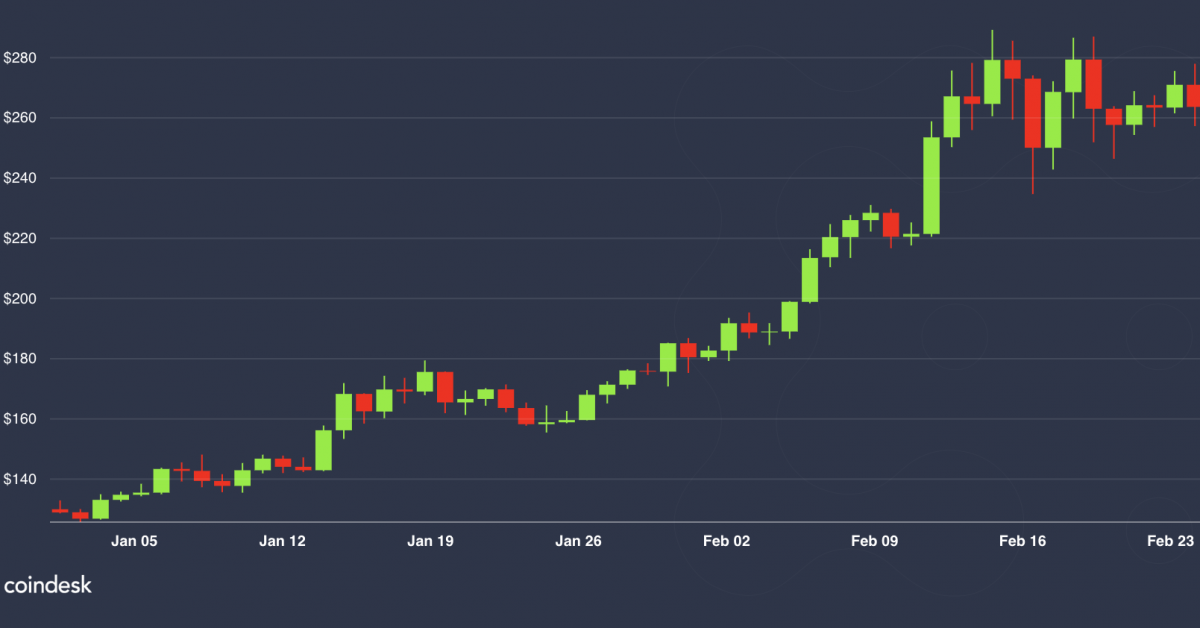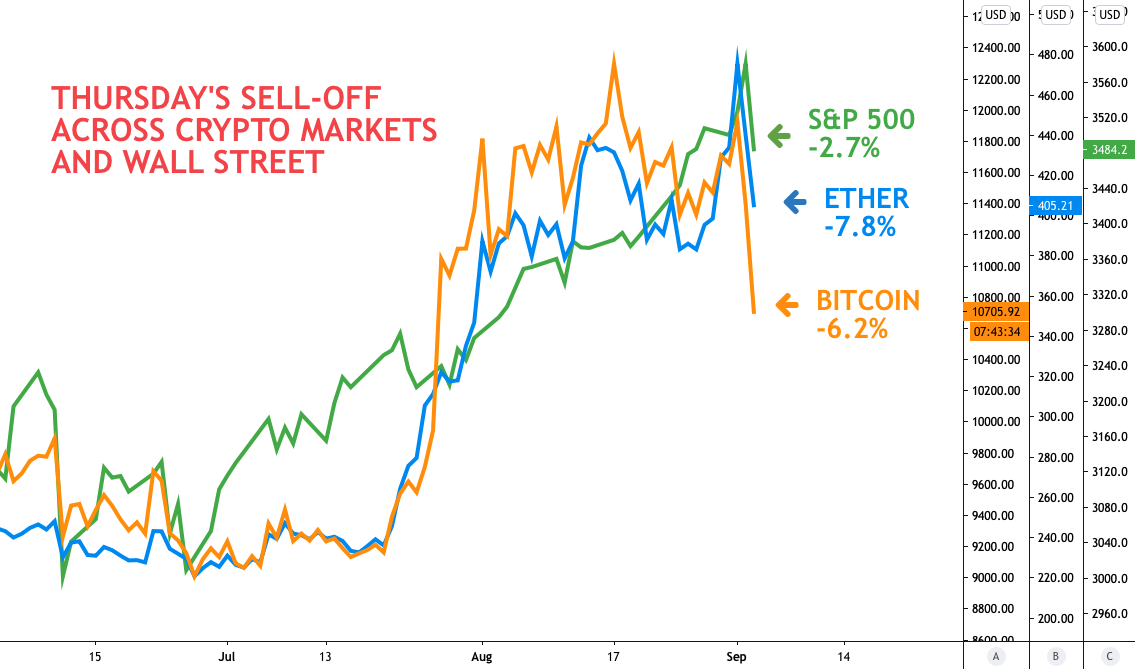Stablecoins Need to Be Regulated Like Commercial Bank Money, Bank of England’s Andrew Bailey Says
Featured SpeakerChristy Goldsmith Romero
CommissionerU.S. Commodity Futures Trading Commission

Explore the policy fallout from the 2022 market crash, the advance of CBDCs and more.
:format(jpg)/www.coindesk.com/resizer/s18497Qm3Z2y-HO3cp7rBID5v2Y=/arc-photo-coindesk/arc2-prod/public/HC2J5TLYLFCRDEVA4SPLXUAIXI.jpg)
Camomile Shumba is a CoinDesk regulatory reporter based in the UK. She previously worked as an intern for Business Insider and Bloomberg News. She does not currently hold value in any digital currencies or projects.
Featured SpeakerChristy Goldsmith Romero
CommissionerU.S. Commodity Futures Trading Commission

Explore the policy fallout from the 2022 market crash, the advance of CBDCs and more.
Stablecoins would need to be regulated like commercial bank money, said Bank of England (BoE) Governor Andrew Bailey in a Wednesday speech at the Institute of International Finance.
Bailey said that stablecoins, which are digital currencies pegged to the value of other assets like fiat currencies, “purport” to be money but do not have an assured value.
“At the Bank of England we have concluded that the public should expect assured value in digital money, and confidence in this is needed to underpin financial stability,” Bailey said.
“For stablecoins to function as money they will need to have the characteristics of, and be regulated as, inside money,” he added, referring to money issued by private entities like commercial banks.
The collapse of Terra’s algorithmic stablecoin terraUSD (UST) last year wiped out billions of dollars from the crypto market and prompted regulators to question the stability of stablecoins.
Shortly after the collapse last May, the BoE announced plans for a regime to monitor stablecoins that can influence the broader financial system. The U.K. government is also consulting on new rules for crypto broadly. Separately, the country is looking to regulate stablecoins as payment under the new Financial Services and Markets Bill being debated in Parliament.
When it comes to digital money, regulators cannot rule out a central bank digital currency, said Bailey who has previously been critical of stablecoins.
The U.K. is now exploring the issuance of a digital pound that could “anchor the value of all forms of money, including new digital ones and to ensure the maximum opportunity for innovation in payments services,” according to the central banker.
Bailey also urged investors to be cautious of crypto.
“Unbacked crypto … could be a bet, a highly speculative investment or a collectible, but note that it has no intrinsic value, so buyer be very aware,” Bailey said.
Edited by Sandali Handagama.
DISCLOSURE
Please note that our
privacy policy,
terms of use,
cookies,
and
do not sell my personal information
has been updated
.
The leader in news and information on cryptocurrency, digital assets and the future of money, CoinDesk is a media outlet that strives for the highest journalistic standards and abides by a
strict set of editorial policies.
CoinDesk is an independent operating subsidiary of
Digital Currency Group,
which invests in
cryptocurrencies
and blockchain
startups.
As part of their compensation, certain CoinDesk employees, including editorial employees, may receive exposure to DCG equity in the form of
stock appreciation rights,
which vest over a multi-year period. CoinDesk journalists are not allowed to purchase stock outright in DCG
.
:format(jpg)/www.coindesk.com/resizer/s18497Qm3Z2y-HO3cp7rBID5v2Y=/arc-photo-coindesk/arc2-prod/public/HC2J5TLYLFCRDEVA4SPLXUAIXI.jpg)
Camomile Shumba is a CoinDesk regulatory reporter based in the UK. She previously worked as an intern for Business Insider and Bloomberg News. She does not currently hold value in any digital currencies or projects.
Learn more about Consensus 2023, CoinDesk’s longest-running and most influential event that brings together all sides of crypto, blockchain and Web3. Head to consensus.coindesk.com to register and buy your pass now.
:format(jpg)/www.coindesk.com/resizer/s18497Qm3Z2y-HO3cp7rBID5v2Y=/arc-photo-coindesk/arc2-prod/public/HC2J5TLYLFCRDEVA4SPLXUAIXI.jpg)
Camomile Shumba is a CoinDesk regulatory reporter based in the UK. She previously worked as an intern for Business Insider and Bloomberg News. She does not currently hold value in any digital currencies or projects.









